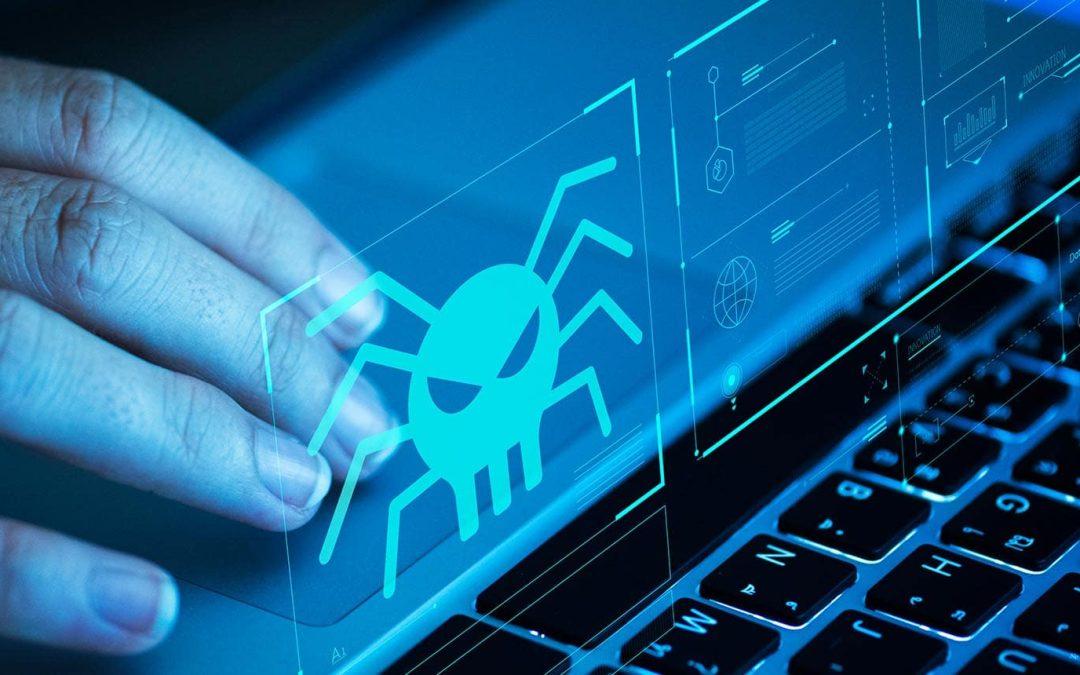CNBC looks back at the companies who made the first Disruptor 50 list ten years later in this weekly series.
Bromium’s thesis when it first appeared on the CNBC Disruptor 50 list in 2013 was that battling malware with traditional fire is a lost battle, and that the only way to wage and win a new war against cyber attackers is to isolate viruses rather than trying to keep them out completely.
“When customers in a mature market are provided with a fundamentally different, and considerably more effective, way to solve a problem, disruption happens.” “In the end, disruptive products create new markets and value networks that overtake and destroy established markets,” Bromium CEO Gaurav Banga told CNBC at the time. “As the industry embraces this novel method, we will be able to come closer to our ultimate goal of restoring computer confidence.”
Bromium, which was created in 2011 by ex-Citrix developers, took the same approach to endpoint protection that led to HP’s acquisition six years later. Though the company’s success and market valuation did not follow a straight line.
“Disruption occurs when customers in a mature market are given a fundamentally different, and significantly more effective, way to solve a problem.” Bromium CEO Gaurav Banga told CNBC at the time, “In the end, disruptive products create new markets and value networks that overtake and destroy traditional industries.” “We will be able to get closer to our ultimate aim of restoring computer confidence as the industry embraces this unique way.”
Bromium, founded by ex-Citrix developers in 2011, used the same approach to endpoint security that led to HP’s acquisition six years later. The company’s success and market value did not follow a straight line, though.
Other players, like as Carbon Black and Symantec, have made arrangements with larger IT firms. According to a 2019 report from TechTarget, rival Dell established a relationship with another CNBC Disruptor, CrowdStrike, a few months before the HP agreement, leading analysts to suspect that HP’s acquisition of Bromium was a response to competitive threats such as Dell’s newest partnership.
Today, Bromium’s technology is included in HP’s proprietary malware protection, which is a key component of the company’s cybersecurity offerings, which include anything from commercial PCs to printers.
In the years since, the competition has only gotten tougher, thanks in part to a new round of cybersecurity investments, as well as an uptick in high-profile attacks from both nation-state actors and criminal hacking groups using more advanced versions of ransomware to target critical supply chains and infrastructure. The pandemic has intensified the demand for a stronger suite of cyber capabilities from technology providers for remote workers and operations, which has been hastened by the tremendous drive to the cloud by corporations across all sectors of the economy.
As tensions between Russia and the West grow, it’s re-emphasizing the need of institutions’ cybersecurity readiness, as well as showcasing cybersecurity partnerships like HP’s and Bromium’s 2019 partnership as crucial bets.
Alphabet made its second-largest acquisition ever this week, paying $5.4 billion for cybersecurity company Mandiant. Alphabet’s chief financial officer, Ruth Porat, told Wall Street that the deal’s price reflected the company’s expanding need to fight in cyberspace for its clients, as well as against larger cloud competitors like Microsoft Azure and Amazon Web Services. Prior to the acquisition, Microsoft was said to be interested in Mandiant.
Alphabet is seeing increased demand for better, faster threat detection as cloud clients demand more artificial intelligence and automation, according to Google Cloud CEO Thomas Kurian in a blog post on the deal.
Gaurav Banga, the founder of Bromium, has recently formed Balbix, a cybersecurity startup with John Chambers as an investor, who stated in a blog post earlier this month that his firm had raised its stake.
According to advisory firm Cyber Momentum, last year was a record-setting year for cyber M&A, with 286 transactions totaling $77 billion, a roughly 300 percent rise. According to Crunchbase data, more than $21 billion in venture capital was spent last year, up nearly 145 percent from 2020, including the highest fundraising round ever for a security start-up, Lacework’s $1.3 billion in November at a $8.3 billion valuation.
SentinelOne’s June IPO surpassed CrowdStrike’s $6.7 billion valuation in 2019 to become the highest-valued cybersecurity IPO in history, and two of the largest deals took companies private – McAfee was acquired by an investment consortium for more than $14 billion in November, and Proofpoint was acquired by Thoma Bravo for $12.3 billion in April.

